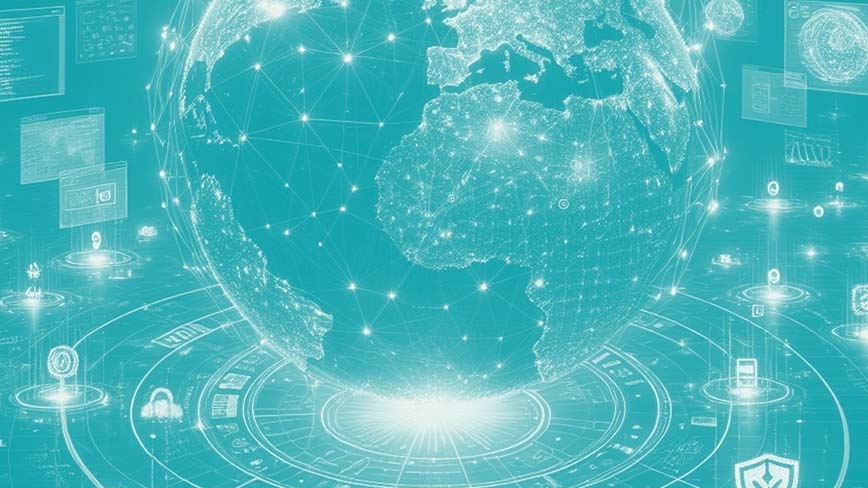We are now launching Cyberlyftet

Cybercampus Sweden is now launching Cyberlyftet together with RISE.
"The cyber attacks of recent years show that society's digital resilience needs to be increased," says David Olgart, Director of Cybercampus Sweden.
Digital security is something that concerns us all. That is why Cybercampus Sweden, together with RISE, is now launching the Cyberlyftet course - an introductory information course in cybersecurity for everyone.
Cyberlyftet is designed as a basic introduction to cyber security, regardless of background and profession.
"We have all learnt to recognise the consequences when security breaches occur. The grocery store that suddenly has to close because the payment systems are down or the security alarm at the nursing home that stops working,’" says David Olgart, Director of Cybercampus Sweden.
Last year, there was a sharp increase in attempted cyber attacks against government agencies and providers of essential services. Cyber threats are not limited to direct sabotage but also include influences aimed at undermining trust in our institutions and destabilising society.
"Knowledge and balanced implementation of cybersecurity is a hygiene factor, not least to ensure that individual and national interests are prepared for and able to withstand isolated incidents and coordinated attacks on our way of life," says Carl Heath, senior researcher RISE.
The rapid digitalisation of society has made the issue of cybersecurity one of the difficult cross-sectoral challenges of our time. A basic Swedish introductory cybersecurity education is important for several reasons. Sweden is an advanced society with a high degree of dependence on and use of digital services. A basic understanding of cybersecurity can help individuals protect themselves and their workplaces from threats. Everyone needs to understand how to protect their personal information, internet accounts, computers and connected devices from cyber threats, and their behaviour can either reduce or increase their exposure to risks. This is particularly important as people can often be the weakest and strongest links in our collective defence.
